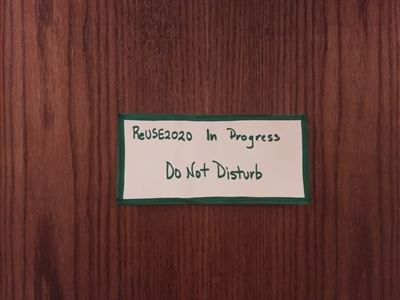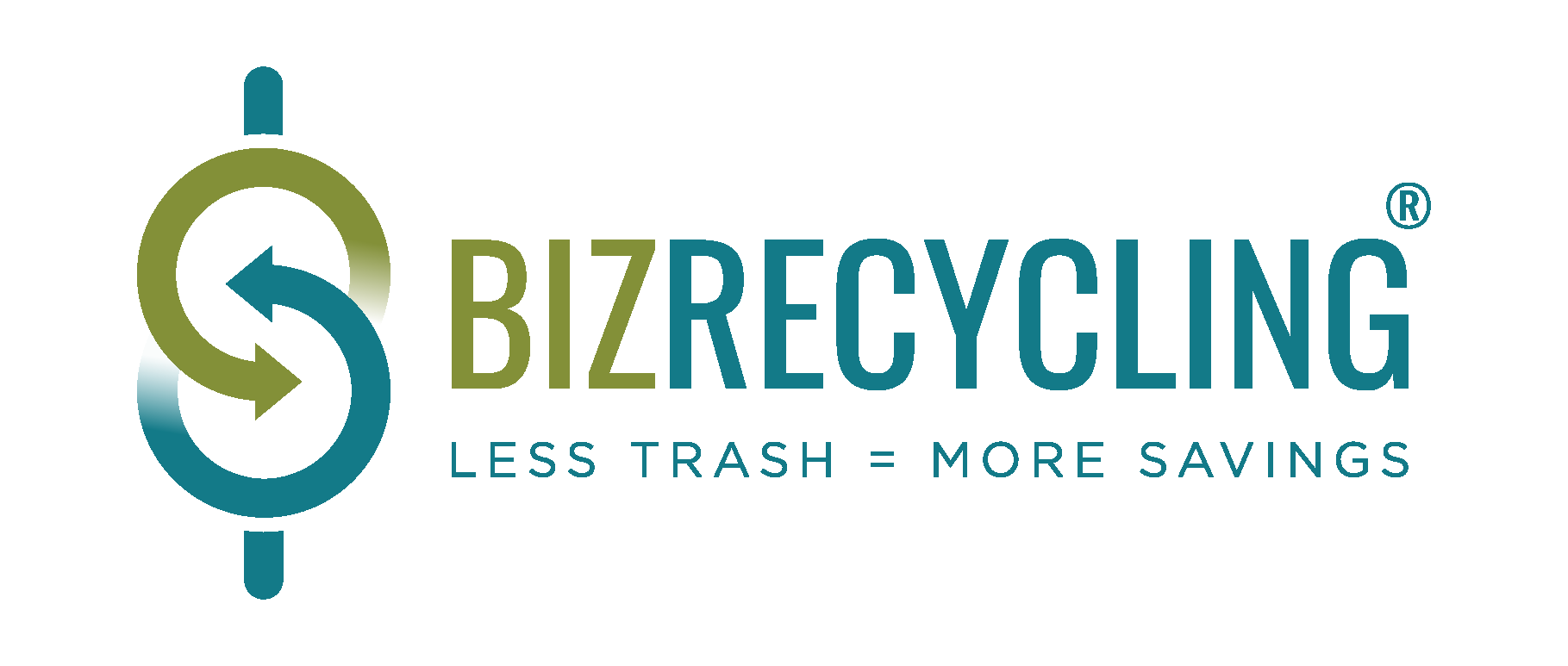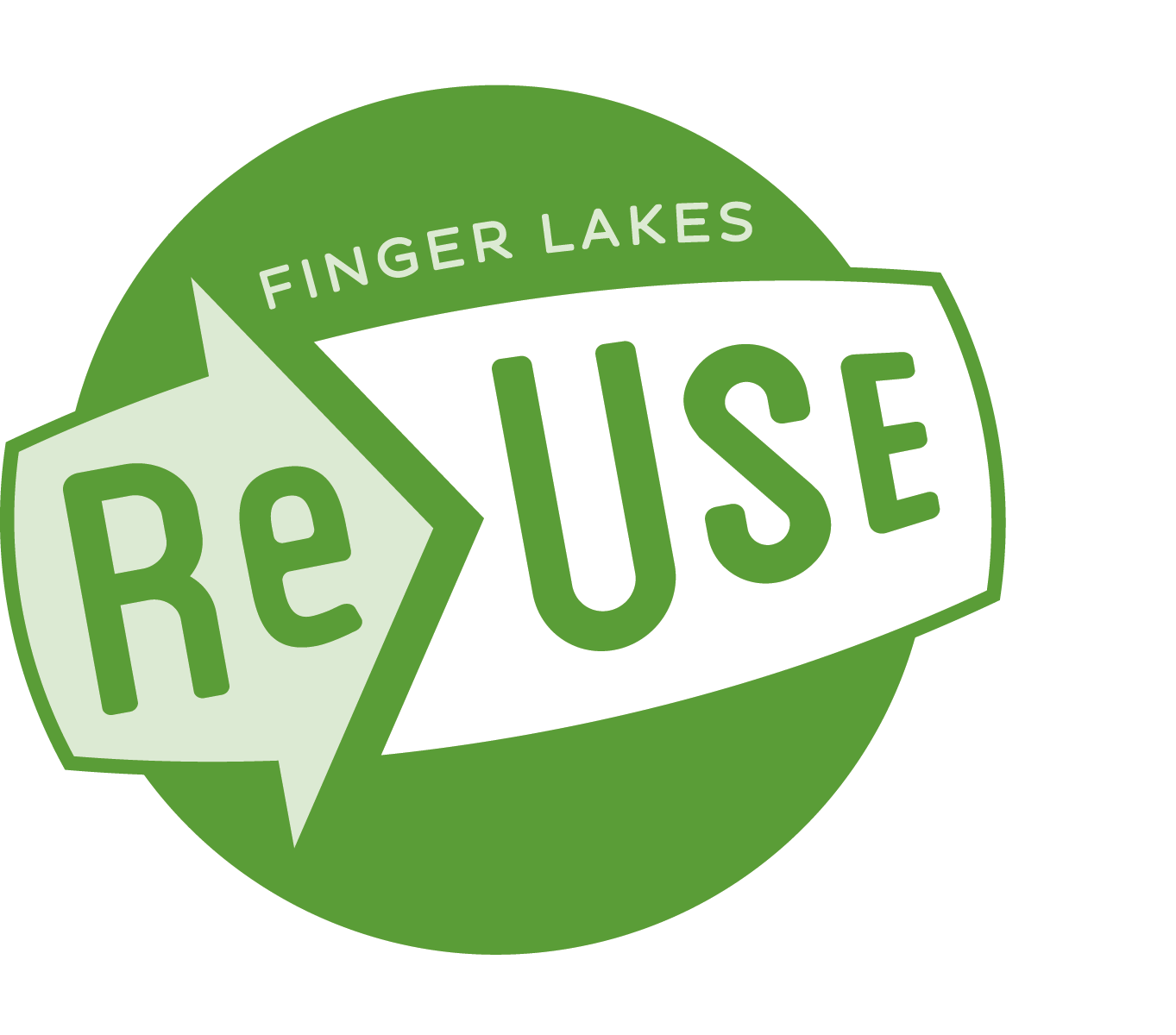ReUSE Minnesota’s first virtual conference, ReUSE2020, was a big success! 212 attendees joined from around the country (and Canada!) for this 2 day reuse-centered event. If you weren’t able to join, we’ve created a quick summary of the highlights. Conference Day 1 | July 13th, 2020
ReUSE2020 Opening Keynote
Internationally recognized for his polar expeditions, Will Steger showed another side of his work during the ReUSE2020 opening keynote. Steger shared about his upbringing and the critical role reuse has played throughout his life. He also gave a detailed overview of his Ely wilderness center, which is built entirely using sustainable materials (most of which are reused!). The Will Steger Wilderness Center is “designed to activate our understanding of what it means to be interdependent—with each other, with our earth and as a society."
1st Breakout sessions
Session A: My Electronics, My Rights... To Repair
Panelists: Amanda LaGrange, Tech Dump/Tech Discounts; Tim Schaefer, Environment Minnesota; Kyle Wiens, iFixit
This panel broke down the issues we currently see in the world of electronics, from design through end-of-use. The "Right to Repair" movement works to ensure consumers, repair shops, and others have full access to the tools and parts they need to extend the life of electronics. While many have long known the environmental benefits of repair and reuse, we are in critical moments to make urgent progress. The urgency of repair goes beyond repairing "stuff" and expands to repairing our communities impacted by COVID-19 and systemic racism. Session B: Reuse Centers People Are Talking About
Presenters: Lori Blais, Western Lake Superior Sanitary District & Diane Cohen, Finger Lakes ReUse, Inc.
Reuse, the too-often-overlooked middle in the Reduce Reuse Recycle mobius, has enormous promise as a low-investment, high-return skill-building job-generating initiative that every community might begin considering in order to develop a better catchment system for valuable materials and conduit into meaningful careers. While The WLSSD and Fingers Lakes ReUse models are quite different, this combined session showed two great examples of reuse centers that should be recreated in other communities. Session C: There's Money to be Made! Finances of Building Reuse
Presenters: Olivia Cashman, Hennepin County Environment & Energy; Mayur Dankhara & Jessica Marschall, The Green Mission Inc.
One of the main hurdles identified with building deconstruction over demolition is the added cost of skilled labor. However, there are clear opportunities for government entities to help offset the cost upfront, and also ways for individuals, pass-through entities, and corporate taxpayers to take advantage of deductions following material donations. This panel did a fantastic job of introducing a MN-based grant opportunity for deconstruction, and then diving into the financial weeds of how to take advantage of deductions when you deconstruct as a part of your projects. Session D: Power to the [Sustainability] People: Psychology of Zero Waste
Presenters: Alyssa Erding, Charlee Gorham, Dr. Christie Manning & Norah Ntagungira, Macalester College
This staff and student team from Macalester College in St. Paul, MN used their experiences of zero waste at the school, to more broadly talk about the movement and connections to our habits and behaviors. We live in a time of multiple environmental and health crises: air pollution, climate change, plastic pollution in the oceans, and the global coronavirus pandemic. Each of these crises comes with deep inequities in both who contributes most and who bears the greatest burden. From a psychological lens, we argue that these problems are human behavior problems, and thus crafting effective solutions requires starting with the underlying human behaviors.
2nd Breakout sessions
Session E: Try This On for Size: Textile Reuse
Presenters: Kristen McCoy, RETHINK Tailoring & Anita Stetch, Cut Loose Creations
There is no question that the fashion and textile industries have significant environmental and social impacts. Yet, these industries play a big role in how we define and identify ourselves, and how we socialize with others - it's easy to get overwhelmed with knowing how to improve and make a shift to more sustainable fashion. Often times the best place to start is by working with what you already have. During this session, two expert textile reusers and fashion upcyclers shared how they transform reused garments, and emphasize the need to change how we buy and dispose of clothing. Welcome to the future of fashion! Session F: Positive & Productive Prevention Policies, Programs, and Plans
Presenters: Kyle Diesner, City of Portland, Bureau of Planning and Sustainability & Heather Trim, Zero Waste Washington
Sustainable consumption and waste prevention have a strong foundation in grassroots efforts, but there is a clear need for permanent policies, programs, and government action plans to help advance our society's transition. During this session, Diesner gave a specific overview of consumption based emissions and climate action planning at the City of Portland, while Trim took the audience on a reuse and waste reduction policy tour. The move from just focusing on end-of-life, and instead shifting to sustainable consumption and production is key! Session G: It's Like Baking a Cake: The Right Ingredients for Successful Reuse Systems and Operations
Panelists: Tim Debus, Reusable Packaging Association; Thomas Fecarotta, Rheaply; Norm Ruttan, iWasteNot Systems
What are the conditions to scale circular systems? What are some of the critical factors needed to operationalize reuse at a small or large scale? The challenges range from knowing where supply and demand exists, effectively using data and technology, and recognizing the environmental and economic potential. Debus shared about the work of the Reusable Packaging Association and the opportunities and growth continuing in this space, while Fecarotta and Ruttan shared about two great platforms that exist to help with furthering reuse and asset inventory management/sharing. A lot can happen with tech solutions coming into the reuse economy! Session H: Do It Yourself! Community-Centered Reuse Organizations
Panelists: Katie Carpenter, Perennial; Thomas Ebert, MN Tool Library; Natalie Heneghan, Rethos: Places Reimagined; Kate Hersey, MN Tool Library; Rebecca Nutter, Minneapolis Toy Library
Some of the most impactful reuse efforts are coming through local organizations that focus on meeting community needs through skills development, lending libraries, and gift economies. Not only do these approaches reduce waste, they help groups of people with different backgrounds and experiences connect, offer access and financial savings, and empower people to make sustainable choices. Each of these awesome panelists shared about their organization’s efforts to educate, share, and get creative – reuse happens everywhere, in your home projects, when you share tools and toys, and when you upcycle materials that already exist.
Conference Day 2 | July 14th, 2020
3rd Breakout sessions
Session I: It's in the Bag! Reusable Products that Make Sense
Panelists: Natasha Gaffer, Forever Ware; Chad Lundahl, GOATOTE; Renee Lundahl, GOATOTE; Michael Martin, Effect Partners and r.Cup
The retirement of unnecessary single-use products is long overdue, and there are so many fantastic reusable products out there to prove it. COVID-19 has put reuse in a challenging position, but there are clear facts and systems that exist to keep reuse safe and relevant in uncertain times. During this session, three fascinating products were introduced to the audience – Forever Ware to-go containers, GOATOTE shopping bags, and r.Cup event/stadium beverage containers. Session J: Value This: Successful Grant Opportunities from Coast to Coast
Presenters: Marie Diodati, Oregon Department of Environmental Quality Materials Management Program & Erin Victor, Massachusetts Department of Environmental Protection
State environmental agencies adopting approaches that recognize the value of materials management and sustainable consumption act as strong partners for reuse, rental, and repair businesses and organizations. Diodati shared about how the Oregon Department of Environmental Quality is launching another round of reuse and repair grants, and Victor shared about the Massachusetts Department of Environmental Protection’s reuse and waste reduction micro grants. There were also multiple panelists from both states that wer a part of grants programs and have systems-changing approaches progressing the reuse movement. Session K: The House that Deconstruction & Building Material Reuse Opportunities Built
Panelists: Dave Bennink, Re-Use Consulting; Kelley Carmichael Casey, Grassroots Funding; Andrew Ellsworth, Doors Unhinged, LLC; Alejandro Arce Gomez; GCI and Madrone Construction Resources
It's been clear for quite some time that we need more advanced solutions to protect and promote the reuse industry. Recent events have made that even more apparent. Within the building sector, deconstruction and material salvage have a lot of opportunities, both in the residential and commercial space. Learn about new innovations in deconstruction overall with job training and assistance to reuse businesses, and also dive into the specifics around the importance of commercial material recovery & reuse, the state of the nascent commercial decon & reuse field, and new opportunities for growth and impact. Session L: How to A.C.E. Reuse through Art, Community, and Education
Panelists: Emily Barker, Buy Nothing St. Louis Park / City of St. Louis Park; Jamie Facciola, Furniturecycle; Amy Maas, Hennepin County Environment & Energy
Industries need to make drastic changes, but never underestimate the power of individuals committing to sustainable habits and creativity. The changes we make in how we eat, how we purchase, how we care for pets, how we share with neighbors, and how we translate actions to art add up to quickly make a big difference. Barker talked about the Buy Nothing Project, which is all about community and neighborhood sharing, Facciola introduced the audience to her creative documentation through Furniturecycle, and Maas overviewed the Zero Waste Challenge in Hennepin County to teach residents the importance of sustainable consumption.
Coffee Chat Roundtables
Session M: Food Packaging is the "Wurst." But Wait, REUSE!
Facilitator: Alex Eaves, STAY VOCAL
Food packaging unquestionably serves a purpose in a lot of cases, but it is also often a primary example of unnecessary waste and wasted resources. Fortunately, there are reuse solutions happening around the world to combat this problem. Eaves led a lively discussion and shared about how he lives his life in the spirit of reuse. Session N: What Do We Want? Environmental Justice! When Do We Want It? Many Years Ago!
Facilitators: Alison Lange & Sasha Lewis-Norelle, MN350
The environmental movement has historically revolved around protecting “wilderness areas” and conserving resources for future generations. For decades, these efforts have almost exclusively been for the benefit of white Americans, leaving poorer and marginalized communities to suffer disproportionately from the effects of pollution, resource depletion, dangerous jobs, limited access to common resources, and exposure to environmental hazards. Environmental justice is recognizing the many inherent structural components and active agents that have created these disparities and working to create a more equitable environmental experience for all. Lange & Lewis-Norelle hosted an informative and though-provoking session aiming to identify many of the environmental injustices associated with current events, especially in relation to racial justice and COVID-19. Session O: The Building Blocks of the Circular Building Sector
Facilitators: Joe Connell, Square Nail Consulting & Melissa Wenzel, Minnesota Pollution Control Agency
The industries that make up our built environment have been working in silos for generations, operating with linear systems that build new and demolish structures at an alarming pace. However, we can identify key problems and tangible solutions to preserving buildings, reusing building materials, and keeping valuable, usable C&D materials out of the landfill. Connell and Wenzel prompted participants with interactive polls before going into a lively discussion about solutions to push for systems change in our building sectors. Session P: Patching a Leaky Bucket: Moving from Repair Cafes to Systemic Change
Facilitator: Alice Henry, Share Reuse Repair Initiative
Repair has long been a part of our individual lives and communities, but repair has also faced a lot of challenges over recent decades with increasing planned obsolescence and consumerism, and a decline in practiced repair skills. Henry walked the participants through the broader repair context before breaking into smaller group discussions to consider how policy, communities, and organizations can leverage and support repair going forward.
ReUSE2020 Closing Keynote
Sam Grant, executive director at MN350, closed the entire conference with his thought-provoking and timely address on democratizing circularity. The reuse movement is making the same mistakes as the broader environmental movement, in which there are still people and places considered less valuable than others. Grant emphasized to conference attendees that we need to co-create a circular economy without recirculating racism. “2020-2030 is the zero decade for climate justice, and this necessitates making it also the zero decade for zero waste!”
ReUSE2020 Trivia Winners
1st place: Nancy Drumheller
2nd place: Julie Mooney 3rd place: Emily Neuharth
|





